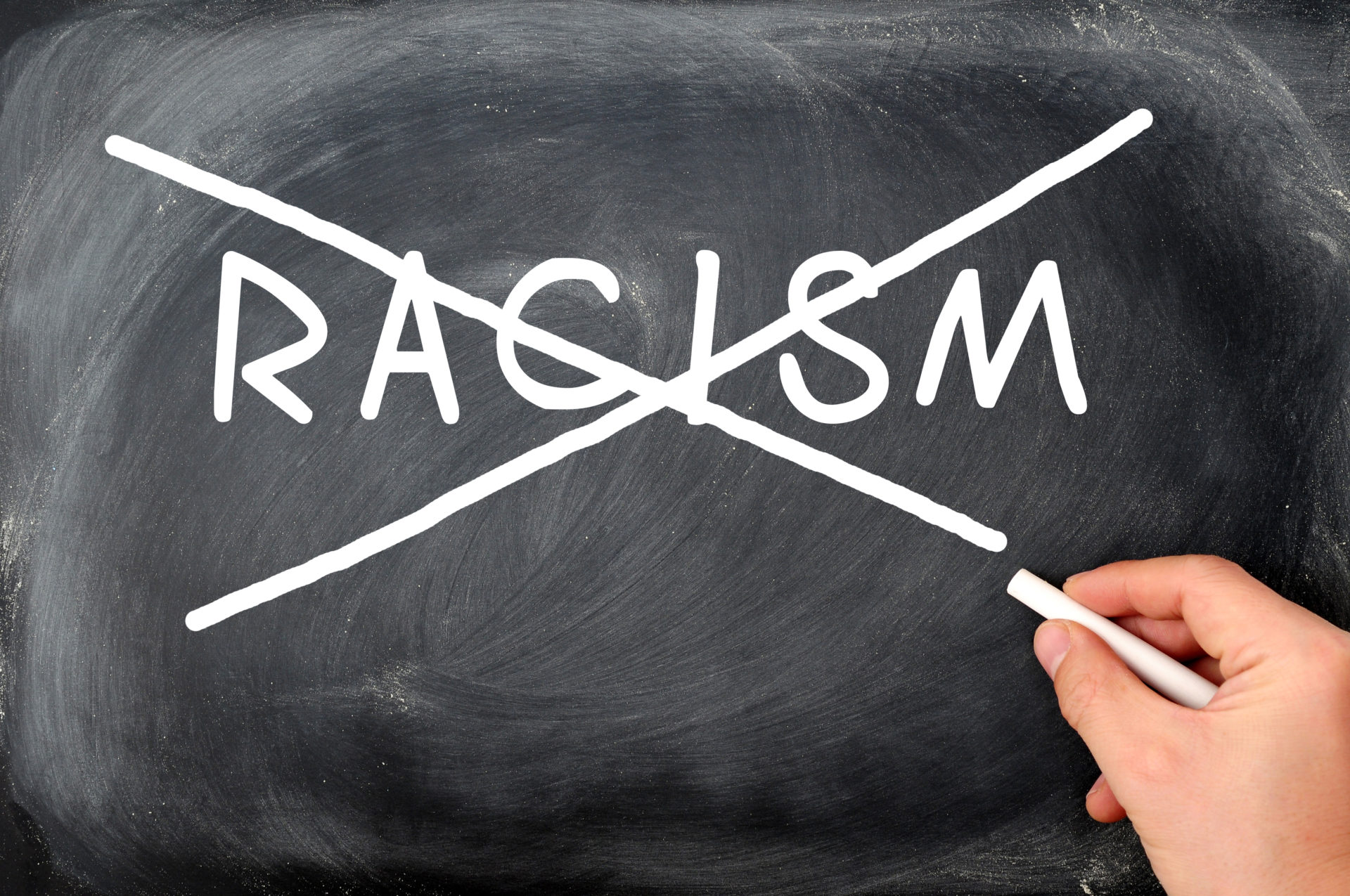The Rise of Hate
In 1942, two months after Japan’s attack on Pearl Harbor, President Roosevelt Executive Order 9066, directing the military to relocate people that were considered a national threat. This executive order led to the relocation and incarceration of over 120,000 Japanese people, including 70,000 American citizens, from 1942- 1945. People of Japanese ancestry, including children and the elderly, were given six days to report to relocation centers, and from these centers, they were transported to various internment camps throughout the Southwest.
The damage done to the Japanese-American community was indescribable. The government seized and froze many families’ assets before the internment, including about 258,000 acres of Japanese-owned farmland. Families were forced to abandon their homes and property, marched down their sidewalks and into military transport vehicles while their white neighbors watched. While the total loss is hard to calculate, some estimates place the economic damage between $1-3 billion. And in the camps themselves, there were reports starvation, poor health facilities, and even torture.
The internment of people of Japanese descent in these inhumane camps occurred due to the belief that people of Japanese ancestry couldn’t be American because their culture and customs did not fit with societal norms. The Roosevelt administration justified their horrific actions by claiming that there were Japanese organizations working hard to undermine the United States’ war effort, a claim that turned out to be untrue. All these violations of human dignity were upheld by the Supreme Court in the 1945 case of Korematsu v. United States, which held that the executive order was justified by national security concerns.
All of this comes out of fear
Today, in America, we see similar hate rhetoric and policies targeted at Muslims. The recent decision by the Supreme Court of United States to uphold Trump’s Muslim Ban is an example of a protectionist policy that discriminates against a group of people based on their religion, which is a violation of the First Amendment’s Establishment Clause prohibiting government actions that unduly favor one religion over another.
The reason for the ban, according to the Trump administration, is to preempt terrorists from entering the United States; thus, it is not a ban based on religion, but one based on national security interests. However, this claim turns a blind eye to his many campaign promises and repeated hate rhetoric about how Muslims cannot be Americans and thus need to be under enhanced, constant surveillance – or banned from entering the country altogether.
The Supreme Court’s decision to uphold the Muslim Ban is dangerous because it shows that many people believe that this policy will make America safer. However, looking back at what happened to people of Japanese descent, this is just a rise of bigoted populism with similar rhetoric. According to Gyo Obata, a Japanese American who was able to avoid going to the camp because he was offered admission at Washington University, “All of this comes out of fear. It’s just terrible.” The government is categorizing people for “what they think they are instead of who they really are.” Suzanne Arlene Sakahara, who 10 when her parents came to Saint Louis from an internment camp in Wyoming, said” What’s Trump going to do? … It’s a scary world.”
We must unite together to fight this rise of populism
President Roosevelt’s 1942 Executive Order arose out of the prejudiced and racist belief held by people at that time, not just for the security reasons the administration expressed. Many people believed that people from the Asia-Pacific region were trying to take over the United States and that their values were incompatible with American culture, and today that is the belief people hold to in regards to Muslims. Rebecca Copeland, a professor of Japanese language and literature at Washington University, notes, “In the 1942 situation, as in this one as well, I really feel the notion of security is being used as a smokescreen to take advantage of fear, the fear people have of strangers.”
The damage done by fear and ignorance is untold. Even today, survivors of the Japanese internment camps remember the shame, anxiety, and terror of being treated like criminals for the sole reason of their ancestry. We cannot allow discriminatory, divisive policies to be implemented in our society. We cannot allow the government to enact policies based on prejudiced, racist beliefs about a group of people. We must unite together to fight this rise of populism and decide how we want to be remembered: as the country that learned from its mistakes, or the country doomed to repeat them.

